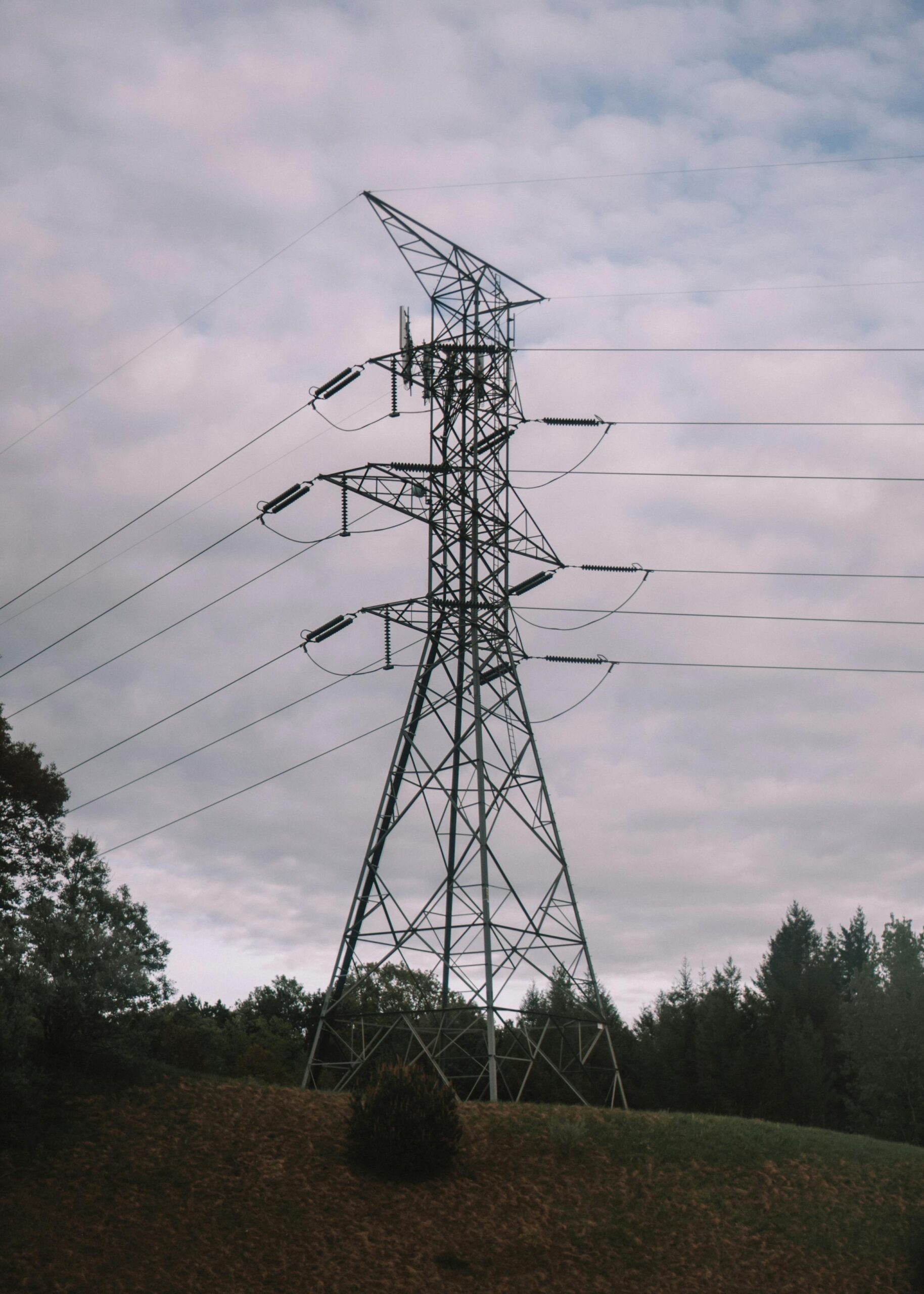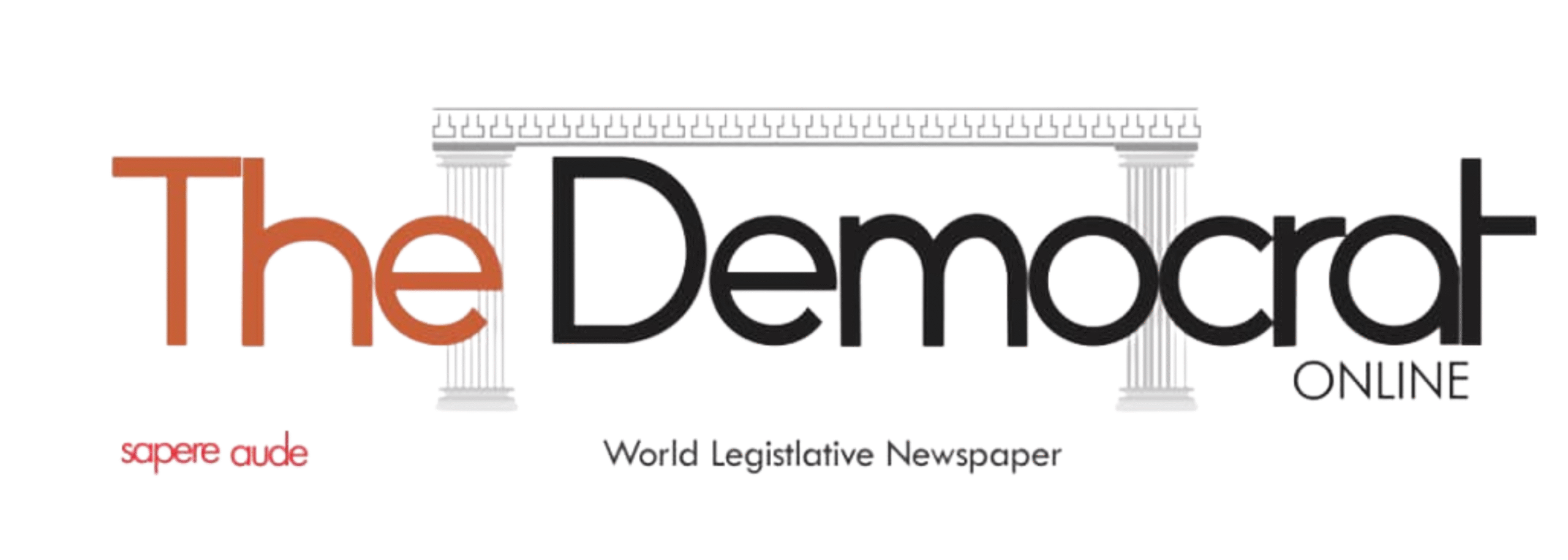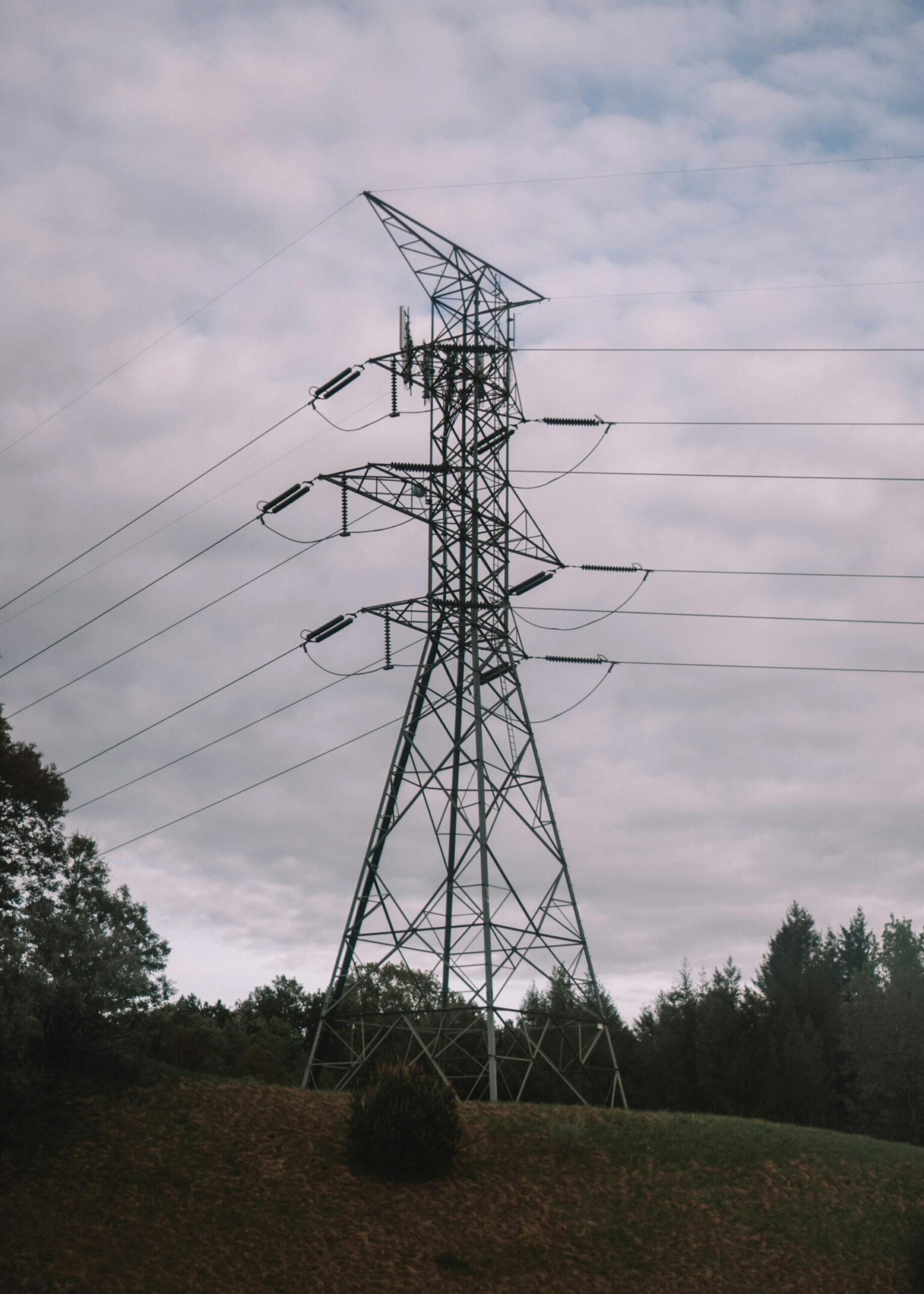
Nigeria is opening up its power sector to new investments by introducing a franchising policy, due to the inefficiency of Electricity Distribution Companies (DisCos) in managing electricity distribution. The government aims to attract investors by franchising both viable and less viable areas to capable operators. The Nigerian Electricity Regulatory Commission (NERC) has been directed to enforce this policy, and the government will oppose any resistance from DisCos.
The directive was issued by Power Minister Chief Adebayo Adelabu after a meeting with the Japanese International Cooperation Agency (JICA), where a reform roadmap was presented.Nigeria’s government is pushing ahead with a franchising model to reform the power sector, despite past resistance from DisCos concerned about revenue and control. Many DisCos are financially troubled and unable to upgrade infrastructure. Power Minister Adebayo Adelabu warned that underperforming DisCos will face regulatory action.
A pilot scheme will run from May to August 2025, targeting two struggling DisCos—one in the North and one in the South—as a test case for operational turnaround through restructuring, external expertise, and strong oversight. Adelabu stressed that NERC must ensure DisCos comply with the new model.The Minister cited poor infrastructure investment as a key issue, driven by low returns and lack of incentives.
He stressed the need to attract investors and franchise all areas to capable operators. Challenges like vandalism, governance, and regional barriers will be addressed. The JICA proposal calls for measurable results and a holistic, expert-driven, public-private approach.JICA’s Takeshi Kikukawa said the pilot aims for quick results and long-term impact. Adelabu stressed consumer education to build trust. Final pilot details will focus on the worst-performing DisCos.




